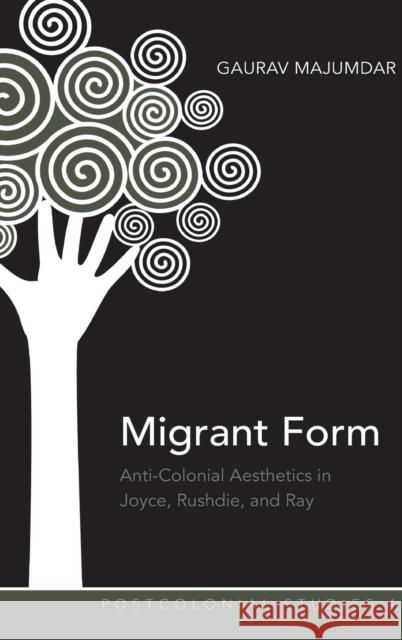Migrant Form; Anti-colonial Aesthetics in Joyce, Rushdie and Ray » książka
Migrant Form; Anti-colonial Aesthetics in Joyce, Rushdie and Ray
ISBN-13: 9781433105036 / Angielski / Twarda / 2010 / 169 str.
Migrant Form examines the works of James Joyce, Salman Rushdie, and Satyajit Ray for the anti-colonial arguments in their unsettled, and unsettling, aesthetics. Among the questions it engages are the following: What are the aesthetic moves through which art expresses its resistance to dominance and demands for conformity? How can we define anti-colonial aesthetics? How do these aesthetics manifest themselves in different media such as literature and film? Contending that Joyce inaugurates an anti-colonial -aesthetics of reconstitution-, the book mines such aesthetics in Ulysses and Finnegans Wake to propose a formal model for postcolonialism. It also draws on that exercise to consider how Rushdie extends a play with reconfigured forms into an overt politics in two of his novels (Midnight s Children and The Satanic Verses). Turning its attention to film, the book contests the common view of Ray as a gentle realist and examines a formal restlessness in Ray s earlier work, Charulata (The Lonely Wife), before demonstrating how Ray stages his preference for restlessness in his final film, Agantuk (The Stranger)."











